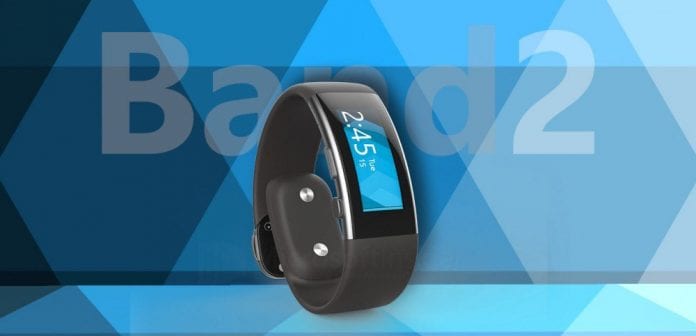There are indications that Band 2 will be the end of fitness device from Microsoft’s Band without any upgrade or production of a new device in view. However, this is not to say that the backing for the Band coming from Microsoft Health service will come to a stop.
For the last two weeks, questions have been asked concerning what the future holds for Microsoft Band. In an official statement made by Microsoft and made available on September 13 through its spokesperson, the company said it would continue to innovate and invest in the Health platform of Microsoft that has thrown its doors open to other apps partners and hardware that make use of Windows, Android and iOS devices. The company also added that they will continue with the sales of the Band 2, and will continue to support its customers while exploring the space.
Reading between the lines of that post indicates that Band 3 is not anywhere in view. This probability is yet to be confirmed or dismissed by the company.
However, from the contacts made from staff of the company, they revealed that there was no plan by Microsoft to release a new Band this year. They also disclosed that the individuals who were making efforts at getting the Band to work with Windows 10 were disbanded few weeks ago. All the speculation did not say Microsoft will not release a new Band fitness in the years to come. For the current Bands, they run on customs firmware and not on Windows.
Eyebrows have been raised with the Band 2 from the company because of the body of the device that is peeling. Rod Trent Windows Supersite noted that the company may have started tackling the issue by fortifying the body of the Band 2 devices.
At the present, the Band 2 goes for $175 to end October 16. The first Band was first manufactured in 2014, October 2014 to be precise. On the day of its release, it sold for $200 in the US. And on October 6, 2015, the Band 2 was launched October 30 in the US selling for $250.
With the Band 2, new upgrades like Barometer sensor, onboard GPS and others were included in the device. Just as with Band 1, the Band 2 also tracked running, golfing, biking, cycling, and also monitored heart rates. It also worked with Windows Phone (although Windows 10 not yet included), iPhone and Android devices.
Microsoft did not go into competition with Apple and the rest of them, but instead concentrated on strengthening its software productivity and services strengths.
Microsoft has been argued to be concerned with building a user base for its various services to work with the Band. The company also noted that its range of health Bands will live on. The Azure service of Microsoft Health is a service that tends to keep track of daily exercise, activities, quality of sleep, which works across different devices and phones.









